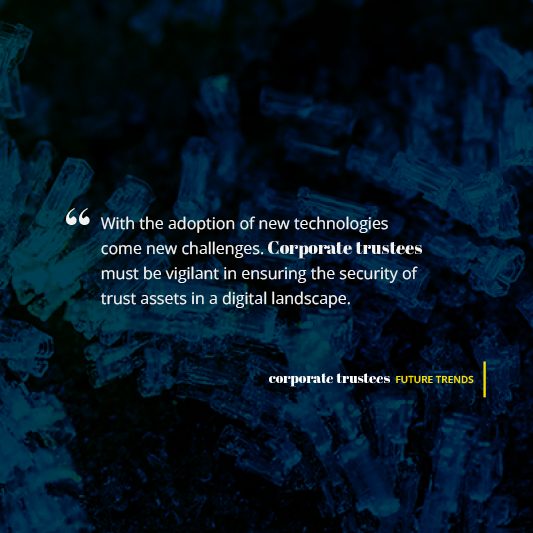Transactions requiring escrow services are on the increase globally, due to a rise in M&A, divestments and in innovative and complex financing mechanisms. Escrow arrangements are a valuable element of commercial transactions as they mitigate fraud risk bringing reassurance to all parties.
Understanding Escrow
Escrow is a simple concept. A trusted third party holds assets on behalf of the Settlor (seller) and Beneficiary (buyer). The trustee holds assets for an agreed period. When the terms are met the agreed assets are released.
The challenge lies in ensuring the terms and management of assets serve the requirements of all parties in increasingly complex transactions while maintaining trust throughout the process.
Qualities of Truva as Escrow trustee
- Escrow trustee set up as an English Trust Corporation.
- Entirely neutral and independent.
- Robust KYC structures.
- Ability to understand the underlying commercial requirements of all parties.
- Ensures all parties understand the release mechanics: Joint Instructions, Unilateral Instructions, Automatic Releases
- Holds the assets in a segregated account. The priority typically is on security and liquidity. However if the Beneficiary requires interest payments during the escrow period, there will be complex tax implications.
- Truva has experience of M&A transactions involving cash and shares. The complexity of such agreements, especially in relation to interest payments split between Beneficiary and Settlor, requires careful handling.
Establishing an escrow agreement
Truva, acting as a trustee under a trust deed, works alongside the legal teams during negotiations between parties. Confidence in the trustee is essential for this step to be delivered smoothly and with speed. The assets and terms of release must be defined to the satisfaction of all parties.
Once the triggers and notices are agreed, the assets are taken into Truva’s protection. Truva works across a global network of banks, security agents and other parties to ensure assets are protected robustly during the Escrow process. Escrow agreement mandates are executed. Disbursements and reimbursements are managed and documentation kept current.
Typically when the transaction is completed, the assets are released according to the terms of the trust agreement and passed into the hands of the Beneficiary. In limited circumstances, the trigger isn’t met which results in the assets being returned to the Settlor. In this case good relationships and trust are vital. The trust arrangement is terminated when the assets pass out of the trust. All associated accounts are then closed.
Types of commodities offered as security
Truva has experience of complex Escrow transactions. Security is frequently cash or shares, however we have experience in handling property, collectables, digital and other assets.
Commercial sectors
- Aviation and shipping purchases
- Capital markets litigation disputes
- Mergers and acquisitions
- Real estate finance
- Regulatory requirements
- Supply chain cross-border trades
- High yield bond issuances.




